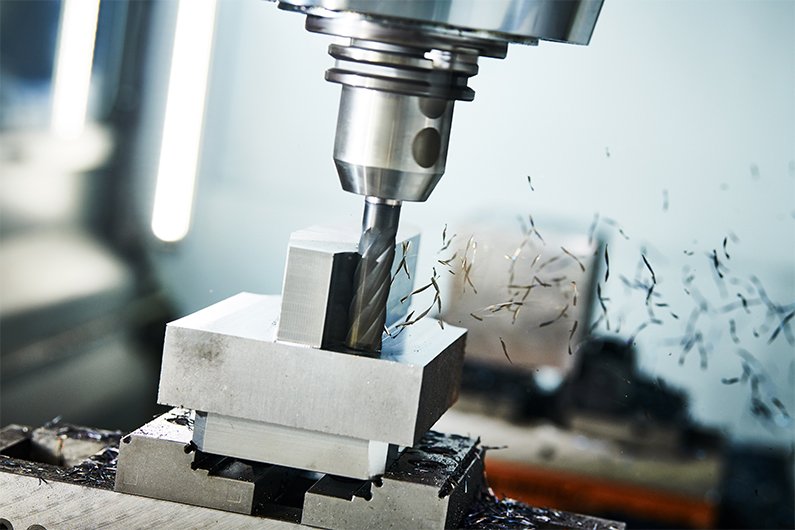Introduction
In today’s world, precision manufacturing is crucial for producing high-quality products across various industries. As technology continues to advance, manufacturers are constantly seeking innovative solutions to meet the demands of their customers. One such solution that has gained significant popularity in recent years is magnesium die casting. With its lightweight properties and exceptional strength, magnesium die casting has revolutionized the manufacturing industry by providing an efficient and cost-effective method for producing intricate and precise parts.
Benefits of Magnesium Die Casting
1. Lightweight: Magnesium is the lightest structural metal available, weighing approximately 30% less than aluminum and 75% less than steel. This lightweight property makes it an ideal choice for industries that require components that are not only durable but also reduce overall weight. Industries such as automotive, aerospace, and electronics have significantly benefited from the use of magnesium die casting, as it allows for the production of lightweight parts without compromising on strength and performance.
2. High Strength-to-Weight Ratio: Despite its lightweight nature, magnesium possesses excellent strength-to-weight ratio. This means that components manufactured through magnesium die casting can withstand heavy loads and stress without sacrificing structural integrity. This unique combination of strength and weight reduction makes magnesium die casting an optimal solution for applications where weight reduction is crucial, such as in the automotive industry, where fuel efficiency is a top priority.
3. Exceptional Dimensional Accuracy: Precision is a critical aspect of manufacturing, especially in industries where tolerance levels are stringent. Magnesium die casting offers exceptional dimensional accuracy, allowing manufacturers to produce intricate and complex parts with tight tolerances. This accuracy is achieved through the use of high-pressure die casting, which ensures consistent and precise results, reducing the need for secondary operations and minimizing production time.
4. Enhanced Thermal Conductivity: Magnesium has excellent thermal conductivity properties, making it an ideal choice for applications that require effective heat dissipation. This property is particularly beneficial in the electronic industry, where devices generate heat during operation. By using magnesium die casting, manufacturers can create components that efficiently dissipate heat, ensuring optimal performance and extending the lifespan of electronic devices.

Challenges and Solutions in Magnesium Die Casting
While magnesium die casting offers numerous advantages, it also presents some challenges that manufacturers must address. One such challenge is the susceptibility of magnesium to corrosion. Magnesium reacts with moisture and oxygen, leading to corrosion and compromising the integrity of the components. However, manufacturers have developed various surface treatment options, such as anodizing and coating, to protect magnesium components from corrosion and improve their longevity.
Another challenge is the relatively higher cost of magnesium compared to other metals, such as aluminum. However, the cost can be justified by considering the benefits offered by magnesium, such as weight reduction, improved fuel efficiency, and enhanced performance.
結論
Magnesium die casting has emerged as a game-changer in the precision manufacturing industry. Its lightweight properties, high strength-to-weight ratio, exceptional dimensional accuracy, and enhanced thermal conductivity make it an ideal choice for various industries. While challenges like corrosion and cost exist, they can be effectively addressed through surface treatments and considering the long-term benefits. As technology continues to advance, magnesium die casting is expected to play a significant role in manufacturing, helping companies produce lightweight, precise, and high-performing components.

 0086-750-5616188
0086-750-5616188 +86 13392089688
+86 13392089688 sales@zhongmei-tech.com
sales@zhongmei-tech.com













